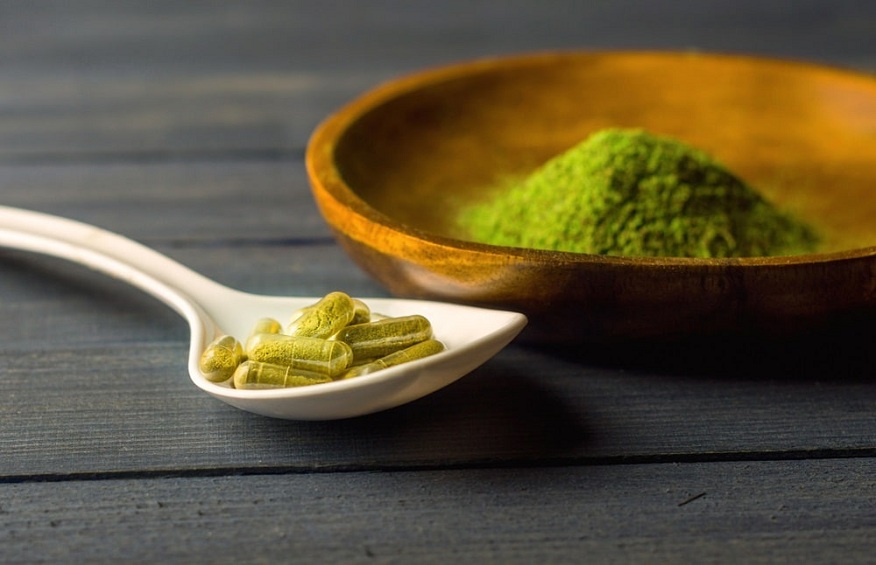Unlocking The Potential of kratom products for pain relief
2 min read
The herbal treatment kratom, which is made from the leaves of the Mitragyna speciosa tree, has gained popularity due to its intriguing potential for treating a variety of pain conditions. Its pain-relieving qualities have been valued by indigenous people in Southeast Asia for many years, and its popularity is growing. In this post, we examine the efficacy of using Kratom on a daily basis to relieve pain, as well as the special properties and ways it interacts with the body.
The Interaction of Opioid Receptors with Kratom
Kratom interacts with opioid receptors in the brain, which is a major way it reduces pain. Kratom contains alkaloids, including mitragynine and 7-hydroxymitragynine. These substances attach themselves to opioid receptors, activating them and provide pain alleviation similar to that which is obtained from conventional opioid drugs. Crucially, Kratom does this without causing the often serious adverse effects connected to traditional opioids. Frequent users of Kratom often report a significant decrease in pain perception, making it a desirable choice for those managing chronic pain problems such as back pain, fibromyalgia, and arthritis. So you can choose the kratom products for pain relief there.
Neuropathic and Nociceptive Pain Pathways
Apart from its interaction with opioid receptors, Kratom stands out for its capacity to target pain pathways that are both nociceptive and neuropathic. Neuropathic pain stems from problems with the nerves, while nociceptive pain results from injury or inflammation to the body. Kratom is positioned as a comprehensive pain management option due to its dual functioning in treating these different forms of pain. Frequent users of Kratom often report relief from a wide range of ailments, including the intense, stabbing sensations associated with neuropathy and the chronic discomfort of arthritis.
Personal Flexibility
It is essential to recognize that the effectiveness of Kratom in managing pain may vary across individuals. Results might vary greatly depending on a number of factors, including dose, individual tolerance levels, and the particular strain of Kratom utilized. As a result, some people may have to go through a trial-and-error approach to find the Kratom regimen that best suits their particular requirements for pain management.
Conclusion
In summary, consistent Kratom usage has great potential for treating a range of pain conditions. It provides a more favorable side-effect profile than traditional painkillers. Kratom is an advantageous tool for that seeking natural pain treatment because of its capacity to target both nociceptive and neuropathic pain pathways, as well as its interaction with opioid receptors in the brain. This is why you can choose the kratom products for pain relief. It is important that people use Kratom responsibly, consulting medical specialists for advice, and following suggested dosage forms in order to guarantee secure and efficient pain relief and reduce any possible hazards.







